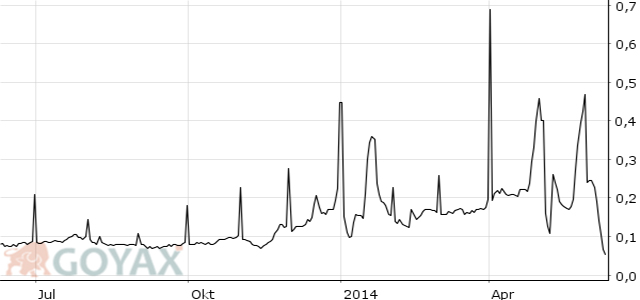Yet, the question mark on whether such plethora will feed into the real economy is far from being wholly dispelled. Right now, all we can safely conclude is that banks will have unlimited access to huge funding resources. Will they make full use of the staggering liquidity? One is inclined to assert they are bound to do so. Lower interest rates will propel substantial credit demand increases. The medium term targeted lending facility, once implemented, will provide staunch incentives for transforming cheap money readily available at the ECB into loans to enterprises and individuals. A 4-year funding scheme, secured at 25 basis points, offers plenty of room to cash fat margins and profits.
Such a reasoning becomes blurred so soon as we price-in risk aversion stemming from stringent capital requirements and past dismal solvency record. Banks face enduring hardship attempting to rein in bad assets swarming their balance sheets. They are unlikely to engage in dubious lending to borrowers lacking sufficient credit-worthiness performance. Capital consumption in risk-laden operations will also prove a formidable hurdle. It will effectively prevent the monetary bonanza from turning into a free ride.
The ECB has delivered an open invitation for the financial system to get moving. Yet, its sound supervisory roadmap is bound to dent current skyrocketing expectations. Until it removes uncertainties over the forthcoming health-check exercise, the banking community will continue to place money in safe bets, sovereign bonds and high profile companies’ securities becoming the obvious choice. As long as SMEs are deprived of effective toolkits for reducing individual risk exposure, enabling them wider credit access, the funding stimulus will fail to provide full-fledged support for swift recovery.
Let no one expect growth from gathering pace should it solely rest on the back of monetary easing. Even if it proves a necessary condition, it falls short of delivering the comprehensive background badly in need to harness a widespread and solidly anchored economic expansion.






Be the first to comment on "ECB’s package aftertaste: Will money flow into the real economy?"